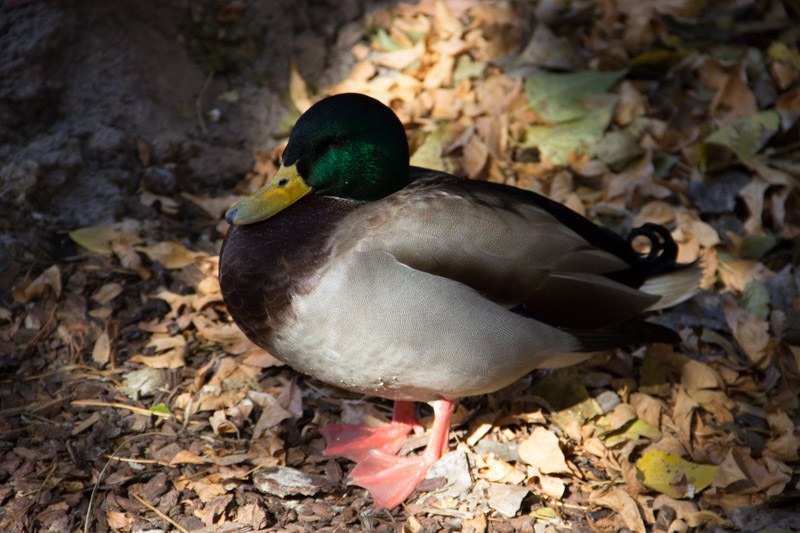
ABQ BioPark Temporarily Shifting Many of the Zoo’s Birds Indoors In Response to Avian Flu
The move is being made out of an abundance of caution to protect the park’s birds.
April 22, 2022 – Officials at the ABQ BioPark have made the decision to move many of the Zoo’s avian inhabitants indoors temporarily in response to the current avian flu epidemic. The decision was made out of an abundance of caution following reports of cases in wild birds in the region.
No birds at the ABQ BioPark have exhibited any symptoms of the viral disease that is currently active in some wild birds. The move will help protect the Zoo’s many birds by minimizing any contact they may have with wild birds in the area. Some birds will remain on exhibit if their enclosure can exclude wild birds.
High Pathogenic Avian Influenza (H5N1), sometimes referred to as avian flu, is a highly contagious viral disease with a high mortality rate in birds. The current outbreak started impacting birds in the eastern United States in February.
Many zoos across the country have temporarily moved their birds indoors to help protect them. The virus recently was detected in Southern Colorado and west Texas, prompting the ABQ BioPark to respond.
“Our team has been keeping a watchful eye as H5N1 has moved across the United States and we’re taking it seriously,” said Carol Bradford, ABQ BioPark senior veterinarian. “Our action plan is helping us to swiftly and confidently take the steps necessary to keep our birds safe.”
Since H5N1 may be carried by wild birds, there is no way to prevent it entirely. Although any bird can catch H5N1, some species are more susceptible. Wood ducks, gadwalls, geese and swans are all highly susceptible, while eared grebes, dunlins, laughing and black-headed gulls, kestrels, peregrine falcons, chickens, turkeys, pheasants, quails, ducks, guinea fowl and any raptor or scavenger that has fed on meat from infected waterfowl are moderately susceptible.
People may become infected with the avian flu but it is quite rare, and the virus is not easily transmitted to people. As a precaution, the ABQ BioPark advises people not to handle dead or sick birds, especially if they live in an area known to have positive H5N1 cases. Experts now also advise homeowners in affected areas to take down bird feeders to help protect wild birds during this outbreak.
